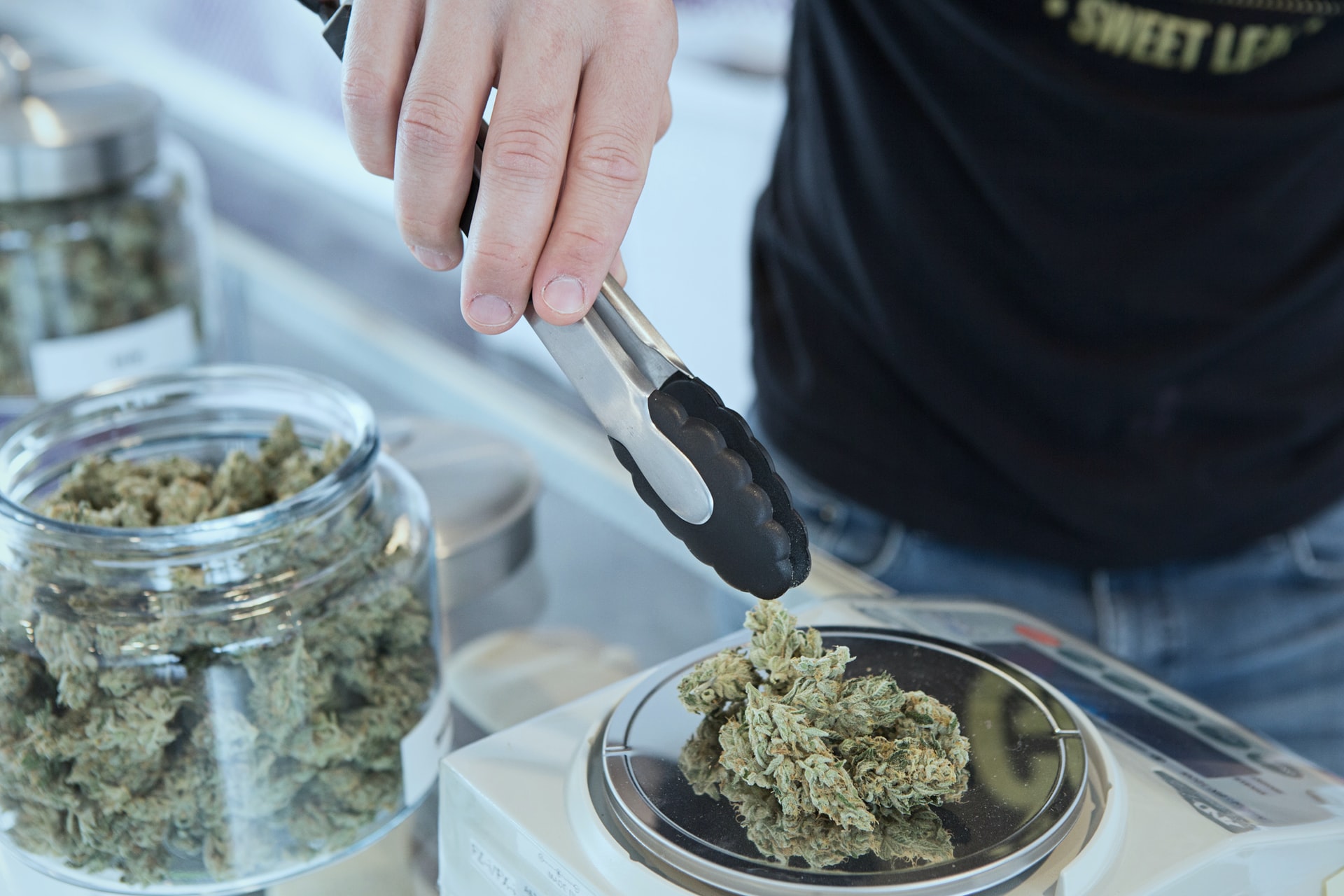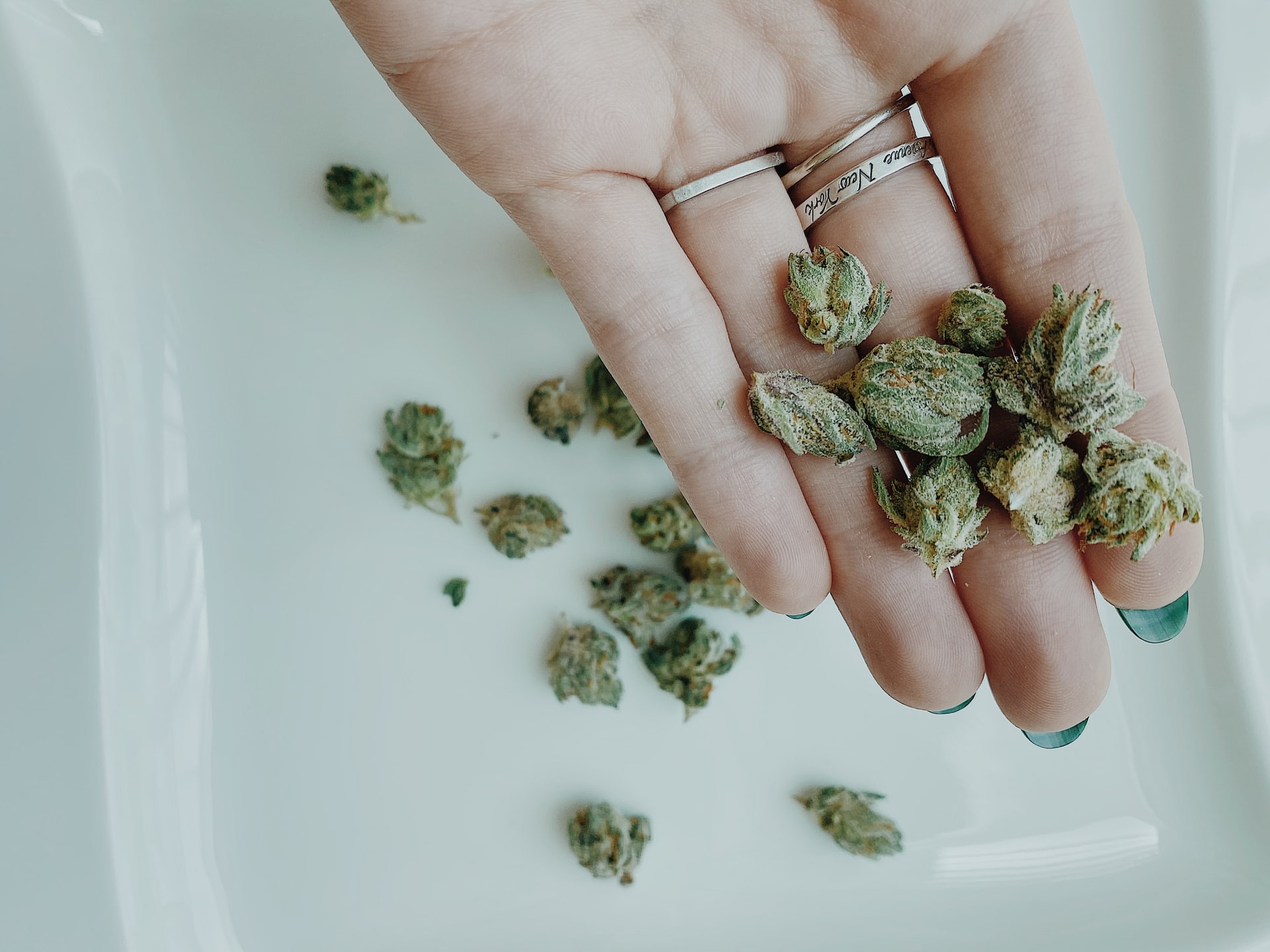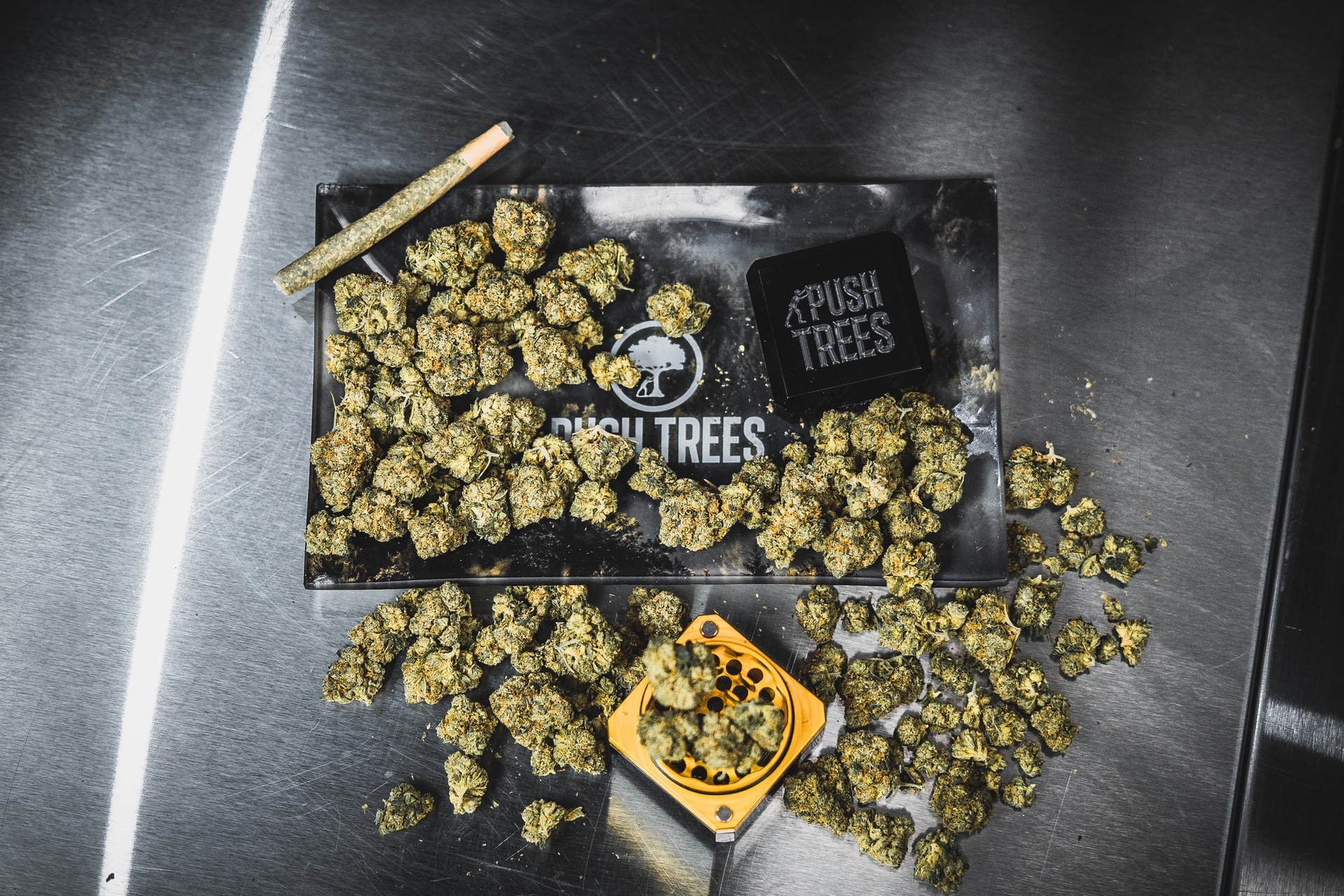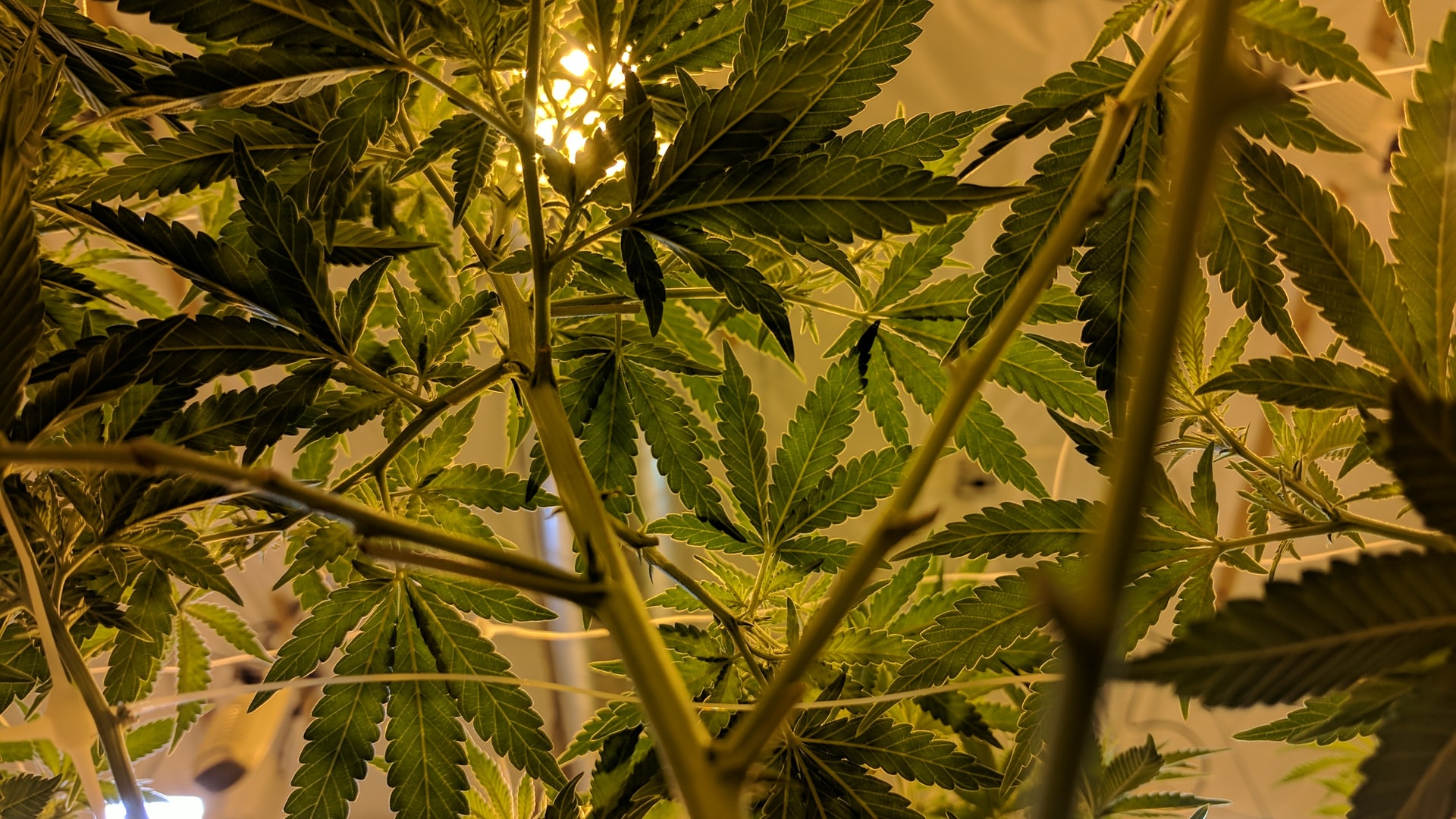Due to the regulatory haze, there is a lack of clarity about what is permissible or banned under the law, as well as the potential legal implications.
Here’s a rundown of what you need to know about Ohio’s medical marijuana regulations, the state’s newly launched medical marijuana program, and the threat of criminal charges for those who don’t (or aren’t cautious to) follow them.
Medical Marijuana Laws in Ohio
The Medical Marijuana Control Program in Ohio is a product of its period. Many myths about marijuana have been dispelled, as has much of the “War on Drugs” propaganda. It has proven to be a reliable source of money, with the perceived and actual risks being mitigated by the horrific opioid epidemic. Its medicinal applications are backed up by a growing body of evidence.
Nonetheless, Ohio’s cannabis acceptance law is restricted, and at times vague and odd. When it comes to the online dispensary, Ohio, surrounding states, and the federal government have a plethora of (at times contradicting) rules and regulations.
The following are some of the fundamentals of the law:
Only if certain conditions are met
Only people who have been recommended medical marijuana by a doctor to treat one or more of the 21 qualifying diseases are allowed to use it medicinally. Cancer, post-traumatic stress disorder, traumatic brain injury, chronic or severe pain, CTE, Parkinson’s, Alzheimer’s, HIV / AIDS, amyotrophic lateral sclerosis, Crohn’s disease, epilepsy/seizure disorder, fibromyalgia, glaucoma, hepatitis C, inflammatory bowel disease, multiple sclerosis, sickle cell anemia, spinal cord disease or injury, Tourette’s, and
 Only approved doctors can write prescriptions.
Only approved doctors can write prescriptions.
Only doctors who have been approved by the Ohio State Board of Medicine can recommend medical marijuana. They must have a patient-doctor connection, evaluate a patient’s prescriptions from the previous month, and discuss the risks and advantages of using cannabis to treat their ailments, according to the law. Nearly 450 physicians were licensed to make these recommendations as of March 2019.
It is necessary to register.
Patients and caregivers who want to buy, acquire, or use medical marijuana must register with the State Board of Pharmacy, which is required by law to keep personal information private. The board’s online registration system did not go live until December 2018, five months after it was supposed to. Patients and caregivers who have completed the registration process are given registry cards and picture IDs, which they must have in order to purchase cannabis from a registered Ohio dispensary. They’re only good for a year.
Possession, Quantity, and Legal Amounts
Patients and caregivers are allowed to have up to a 90-day supply of medical marijuana under state legislation. A patient who buys a 30-day supply on their first dispensary trip is only allowed to buy a 60-day supply until 90 days following the initial purchase, according to state legislation.
Cannabis Products That Are Legal and How to Use Them
Despite the fact that state law only allows medicinal cannabis to be vaporized rather than ignited or combusted with a flame, or in the form of tinctures, patches, topical ointments, or oils, the early dispensaries exclusively sold dried marijuana “flowers,” or buds, which must be vaporized by law. That’s right, in Ohio, you can’t technically smoke cannabis flower with a flame, although enforcement is rare.
Medicinal Marijuana for Sale in Ohio
According to the program’s website, Ohio’s medical marijuana system has been delayed and incomplete in its implementation, and is currently in the “start-up phase.” Granted, there are numerous issues to address, ranging from cultivation and manufacturing to derivative product regulation (tinctures, balms, etc.) and business and dispensary licensing, as well as physician registration, consumer sales, and a slew of other issues strewn across a regulatory minefield. Despite this, medical marijuana is still available in Ohio.
Here’s how the system has been operating so far:
The Start of the Program
On January 16, 2019, the first medicinal marijuana stores opened their doors. There were just four retail stores in the state of Ohio at the time. Activists, veterans with post-traumatic stress disorder (PTSD), people recovering from opioid addiction, and others who care about Ohio’s slow but steady progress on the marijuana problem were among the first in line. Most residents won’t see more handy or local dispensaries until this spring, when more are expected to operate.
The Initial Month
The state’s medicinal-marijuana program apparently sold nearly 70 pounds of medical marijuana for around $500,000. Sales reached approximately $1 million in the first month.
Cultivation & Production
Even licensed patients and caregivers are not allowed to grow or cultivate medical marijuana at home. The Control Program strictly regulates the growth of medical marijuana. Growers are subject to periodic inspections, a list of operation guidelines, and a “quality assurance plan” in addition to onerous registration and continuing reporting obligations. Cultivators may face state ramifications for non-compliance or other suspected offenses, in addition to the ongoing threat of federal charges for these operations.
Availability of Products
Medical marijuana offered through the state’s program is only available in “flower” form at the time of its launch. Other cannabis products, such as edibles and topicals, will likely be available at registered shops when licensing concerns are resolved and the market grows. Ohio officials have openly acknowledged the sector may be “unable to produce a full supply” of cannabis goods to all authorized outlets until “later in 2019.”
Prices
Even though more than twice that number of farmers have been licensed to cultivate, the supply of medicinal marijuana in Ohio could be limited because only a few dozen kinds of medical marijuana were developed by 14 cultivators. That is not the best situation for consumers, particularly low-income patients on disability. The present higher prices patients are paying (about $50 for 2.83 grams of flower, or upwards of $470 an ounce) will likely come down if more producers begin producing and more medicinal marijuana becomes available.
Quantity / Packaging
Ohio, like other states that have legalized medical marijuana for recreational or medicinal purposes, has regulations on how it can be sold. It must be pre-packaged and marketed in quantities of 2.83 grams, or one-tenth of an ounce (or “Ohio tenth”).
Marijuana-related crimes could be a problem.
As Attorney Ian Friedman said to IndeOnline and ideastream, Ohio’s Medical Marijuana Control Program is likely to encounter some snags and issues, particularly when it comes to enforcing marijuana laws, drug crimes, and DUI when neighboring states and the federal government have opposing viewpoints.
While this may put some people in the crosshairs of overzealous and/or under-trained law enforcement, it also means that legal cases stemming from those arrests (or citations) will fill in the gaps and define parts of the law that have been left unaddressed by statute.
 OVI / DUI
OVI / DUI
The enormous gray area of implementing impaired driving regulations (DUI / OVI) is perhaps the largest potential difficulty when it comes to marijuana. This is due in part to the vast variances in how the human body processes marijuana, which might show up on a drug test days or weeks after first use and long after the intoxicating effects have worn off, and is influenced by the frequency of usage. It also includes law enforcement’s difficulty to discover objective and reliable testing methods and procedures, as well as debates about whether a person is “too high” to drive, which frequently accompany these charges. The state of Ohio has set a limit of 35 nanograms of marijuana metabolites per ml of urine or 50 nanograms per ml of blood for a marijuana DUI. That figure has been challenged as being excessively high, and many supporters have advocated for more accurate measures of impairment. A zero-tolerance attitude to driving while intoxicated, on the other hand, could result in a spike in marijuana DUI arrests, despite studies showing that marijuana use by drivers is far less detrimental to public safety than alcohol or even sleep deprivation. Attorney Friedman predicts that the legislation on marijuana DUIs will “change very quickly,” and that this evolution will take place in courtrooms because it wasn’t done ahead of time.
States in the Neighborhood
Buying legal medicinal marijuana or recreational marijuana in a legal state is fine as long as you meet the requirements and register with the state (as needed). Registered patients who purchase legal marijuana in Ohio, on the other hand, are not allowed to transport it into other states without breaching the law. That includes federal legislation and, more realistically, state law in areas like Indiana, which prohibits the possession of marijuana in any form (save for a small number of CBD oils). Even if obtained legally, bringing medicinal cannabis into Indiana could result in narcotics penalties.
Federal Regulations
While the federal government has displayed reasonable restraint in pursuing individuals for various non-violent marijuana offenses, marijuana remains illegal under federal law, whether it is used medicinally or for recreational purposes in states that have legalized it. While most people won’t get in trouble with the government for possessing modest amounts of marijuana, federal law enforcement has the authority to enforce the law. Certain conditions, such as possession and use on federal land (such as a National Park), carrying marijuana across state lines, or federal crimes including unlicensed cultivation, distribution, and trafficking for bigger quantities, may raise the risk of federal marijuana charges. It could have ramifications in the future when it comes to acquiring firearms and other situations where federal restrictions apply. Of course, businesses in the medicinal marijuana market may face non-drug felony charges or investigations that lead to additional federal accusations like tax fraud, conspiracy, or making false and misleading representations. In a recent blog post, Attorney Friedman discussed more difficulties.
Enforcement and Training
It will almost certainly be difficult to train law enforcement to adequately implement the state’s new laws. According to Attorney Friedman of News 5 Cleveland, police will likely focus on ensuring that patients follow their medicinal cannabis prescriptions. If it were handled like any other medication, the side effects would most likely be minimal. However, zealousness or a general lack of understanding of the law may result in unjustified or improper criminal accusations.
CBD
CBD is a non-psychoactive component of marijuana that has been linked to a variety of health benefits, including anxiety relief and pain relief. While CBD products may be purchased on the shelves of many stores and online, there is a lot of confusion about what CBD is and how CBD generated from cannabis and hemp differs legally. On our blog, you can learn more about Ohio CBD regulations and the federal government’s stance on CBD.
Probation / Criminal Records
People with criminal records, as well as those on probation or under court supervision, have special concerns about medical marijuana. Because these are case-specific difficulties, engaging an experienced attorney, particularly if there is Federal jurisdiction, is a good move (i.e. federal probation). Individuals with criminal records may be able to register as patients in the program, but criminal convictions may prevent them from being registered caregivers.
Possession by a non-patient
Despite the fact that medicinal marijuana patients are allowed to carry and consume marijuana, recreational cannabis is still illegal in Ohio. However, some marijuana offenses in Ohio have been decriminalized, particularly for first-time, non-violent, and low-volume possession. Possession of less than 100 grams of marijuana flower (or less than 5 grams/1 gram of solid/liquid hash or concentrate) is a minor misdemeanor punishable by a fine of $150 in California. Minor crimes in Ohio do not result in a criminal record.
Larger quantities have harsher penalties: 100g-200g is a misdemeanor punishable by $250 and up to 30 days in jail; 200 grams (200g-1,000g) or 10g/2g of solid/liquid hash or concentrate is a felony punished by up to one year in prison. Some Ohio cities are considering legislation that would decrease marijuana possession penalties or outright decriminalize small-scale possession. As of July, possession of up to 100 grams (3.5 ounces) of marijuana in Cincinnati will not result in any fines or punishment. Cleveland is proposing its own policy to reduce fines to $10 for possession of less than 100 grams of marijuana and $25 for possession of 100g-200 grams.
 Marijuana Laws: Avoiding Traps in the Courtroom
Marijuana Laws: Avoiding Traps in the Courtroom
The risks and “traps” that may lie ahead could make for new ground, and new precedent, in Ohio courtrooms, as regulators, licensing authority, and law enforcement scurry to extend the state’s already successful program, train in new procedures, and get better acquainted with the law. Criminal defendants and defense attorneys who are familiar with state and federal laws, suspects’ and defendants’ constitutional rights, and the techniques needed to overcome such obstacles could play a key role in establishing the laws and how they will be implemented in the future.
In Ohio, you’ve been charged with a marijuana offense. Call (888) 694-4645 for more information.
Friedman & Nemecek, L.L.C. Attorneys at Law’s attorney Ian N. Friedman and his legal team have received national distinction for their ability to handle difficult and high-stakes criminal matters. Attorney Ian Friedman has also established himself as a go-to source for news organizations and others seeking legal advice on the law and criminal ramifications of Ohio’s medical marijuana program and drug offense statutes.





